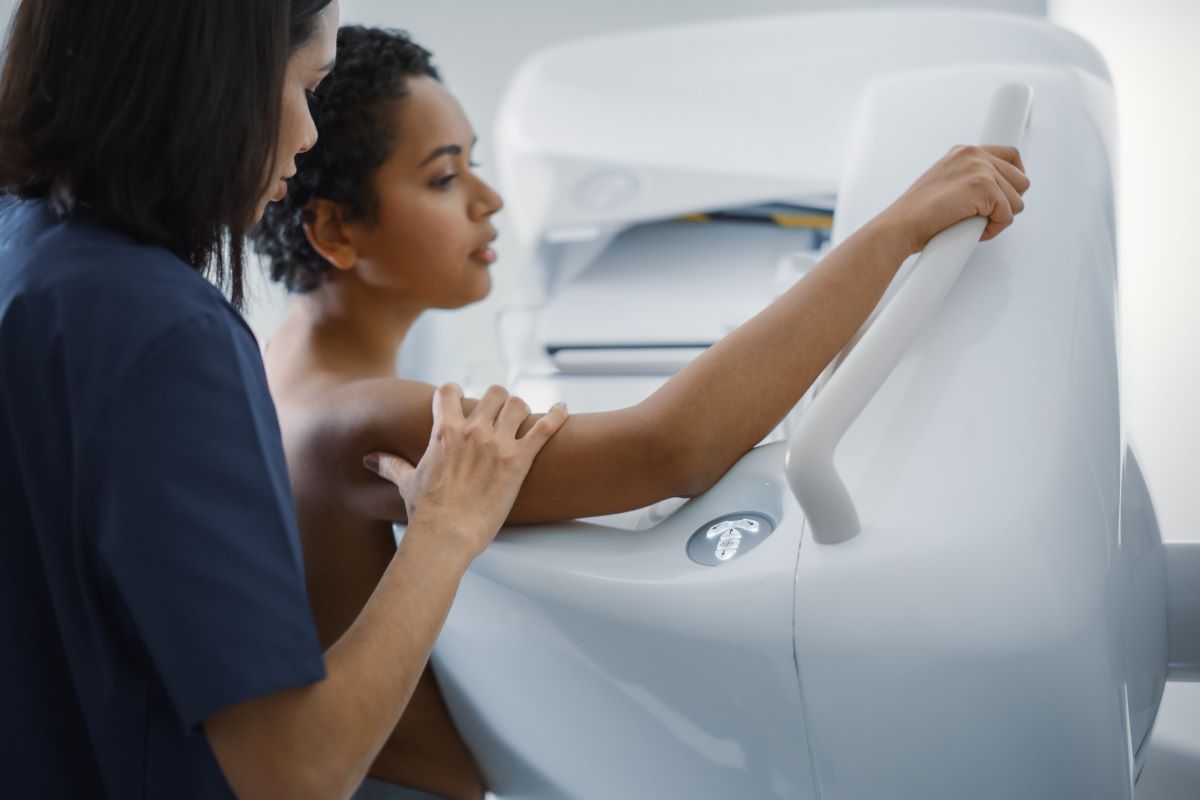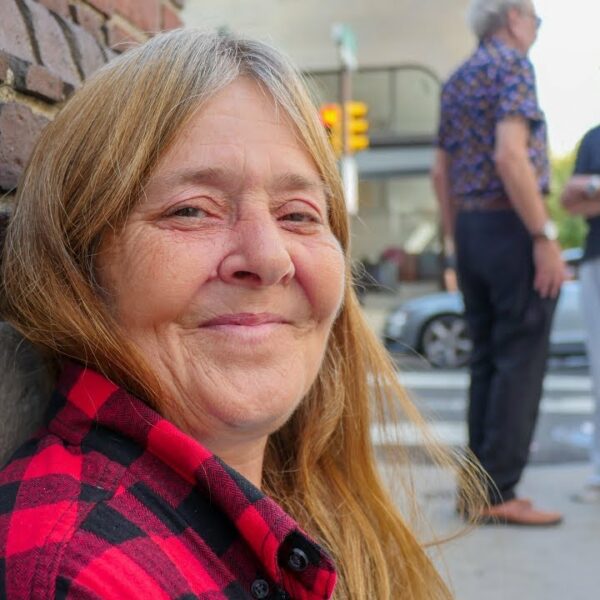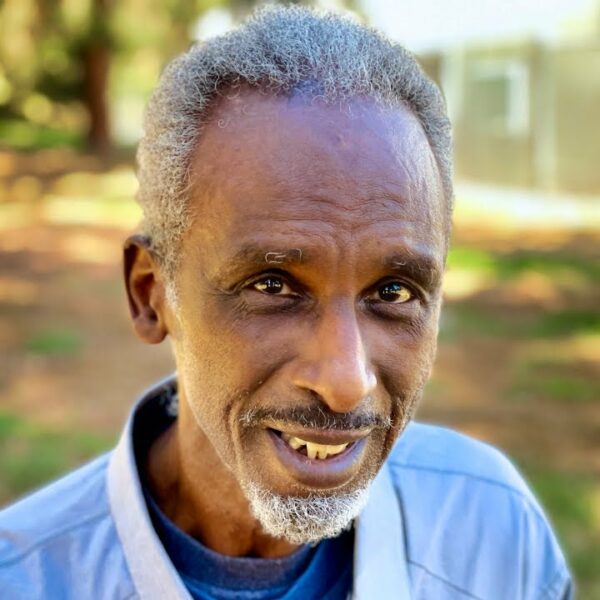Research Shows Housing Assistance Increases Access to Breast Cancer Exams for Women in Poverty
Low-income renters face serious barriers to breast cancer care, including screenings and subsequent exams. However, a recent study shows that housing assistance increases access to screening by at least 30% and sometimes higher in certain demographics. This is yet another testament to the fact that housing is healthcare.
Lack of Access to Breast Cancer Screening Poses a Serious Threat to Women in Unstable Housing Conditions
Homeless and housing-insecure women are more likely to die from breast cancer due to their lack of access to screening and other medical necessities. This lack of access can lead to a later diagnosis, which greatly increases the risk of dying from the disease.
In an interview with the American Association for Cancer Research, breast cancer survivor and reporter Cynthia Ryan spoke to the unique challenges homeless people, particularly those who are homeless at the time of their diagnosis, face when they have cancer. From difficulty finding transit to and from doctor’s appointments to not having access to nutritional foods and other daily necessities like heat and electricity, coupling a cancer diagnosis with homelessness is an unfathomable hardship.
Cynthia serves as an associate professor at the University of Alabama at Birmingham. As a breast cancer survivor herself, she was shocked and amazed by the resilience of people enduring homelessness while battling the disease. She spoke candidly about a patient named Edwina, who had been living on the floor in a crowded dwelling with no electricity.
“Edwina had a tumor for six years before she went to the doctor because she didn’t think she had the ability to be treated, to be seen… She didn’t know what was happening, and no one around her was informed enough to tell her that there was a problem,” Professor Ryan explained.
This story, while tragic, is all too common. Homeless people are constantly living in survival mode, even when they’re dying from cancerous tumors they don’t know they have.
Gender and racial disparities can exacerbate the situation, as women of color are statistically more likely to become homeless and to be diagnosed with cancer at much later stages of disease progression. Fortunately, new research suggests there is something housing and healthcare advocates can do to save more lives – advocate for housing assistance in low-income communities.
Housing Assistance Increases Access to Mammograms and Other Screenings by 30% or More
Impoverished women who do not receive government housing assistance are much less likely to be screened for breast cancer. This is particularly true for one very important age group – the 45–54-year-old crowd.
While breast cancer outcomes look promising for older women diagnosed at the early stages of the disease, women who develop breast cancer before the age of 40 are currently 39% more likely to die from it than women over 40.
The data is comprehensive. These results come from a study published by The National Institute of Health involving 200,000 patients. Medical professionals are well aware of how detrimental young breast cancer can be, which is why 45-54-year-old individuals are urged to get mammograms, ultrasounds, and MRIs, especially if they have a genetic mutation or a family history of breast cancer.
Notedly, this is true for men as well. While rare, males can develop breast cancer, especially if they have an extensive family history or if they suffer from one of the following genetic mutations:
- CHEK2
- BRCA1
- BRCA2
- PALB2
- ATM
- BARD1
- CDH1 and more
Dr. Jordan Baeker Bispo, the lead scientist for cancer disparity research at the American Cancer Society, told Health Day reporters that government housing assistance drastically improved screening rates for otherwise underserved communities. This finding supports the general assumption that housing and healthcare go hand-in-hand.
According to Bispo’s latest study, low-income residents who received housing assistance were 30% more likely to have improved rates of breast cancer screening. In the Hispanic community, that number was even higher, doubling the rate of comparable low-income households that did not have housing assistance.
To quote the study’s authors directly, “Policies that address housing affordability may enhance access to BC screening for some subgroups, including women in urban areas, Hispanic women, and younger women.”
Such policies addressing housing affordability may include:
- Housing vouchers
- Public housing residency
- Financial assistance and more
Housing is the Foundation of a Healthy Community. Be Sure to Inform Your Local Representatives.
As Senior Policy Director for the National Homelessness Law Center, Eric Tars said, “Housing is intersectional.” Not only is a stable dwelling space imperative for one’s physical and mental health and development, but the lack of this stability also infringes on many other rights.
If your lack of housing makes it difficult to travel to and from doctor’s appointments, obtain medical insurance, and pay for necessary screenings and follow-up appointments, this means your right to healthcare has been violated. The more researchers study these developments, the more apparent the truth becomes.
Housing is indeed the basis, the foundation, for health, not just individual health, but health on a communal level. Talk to your representatives about improving healthcare outcomes by making housing a human right.













